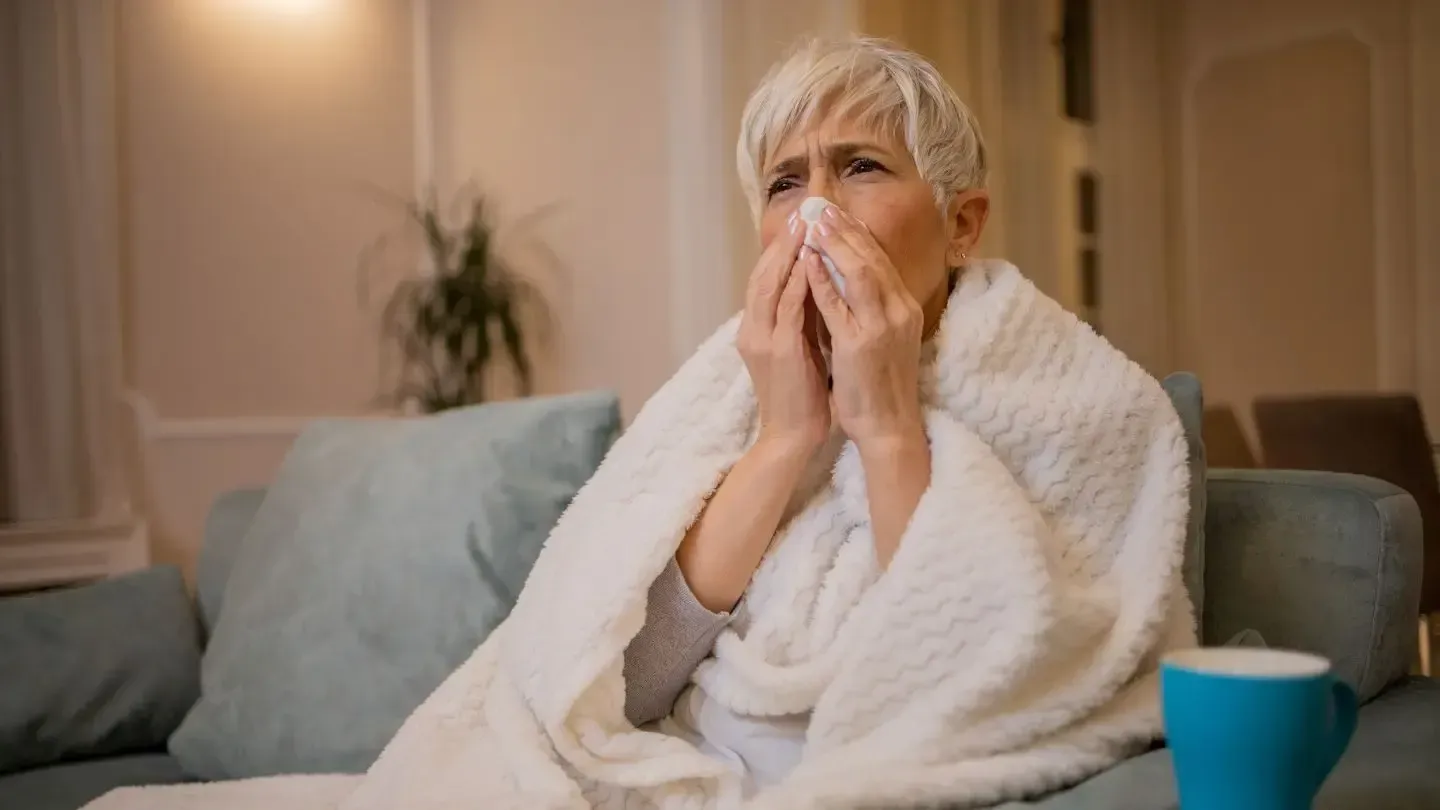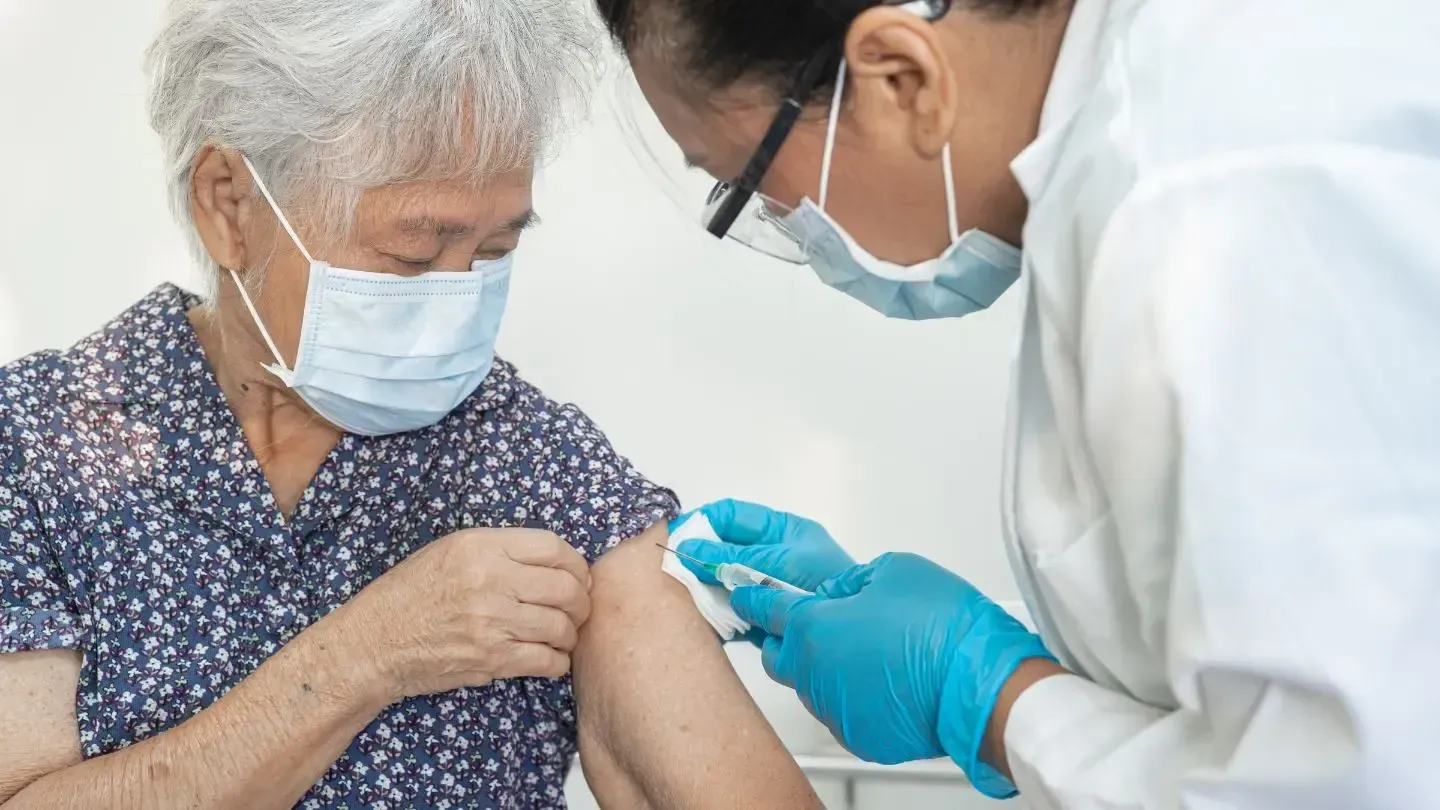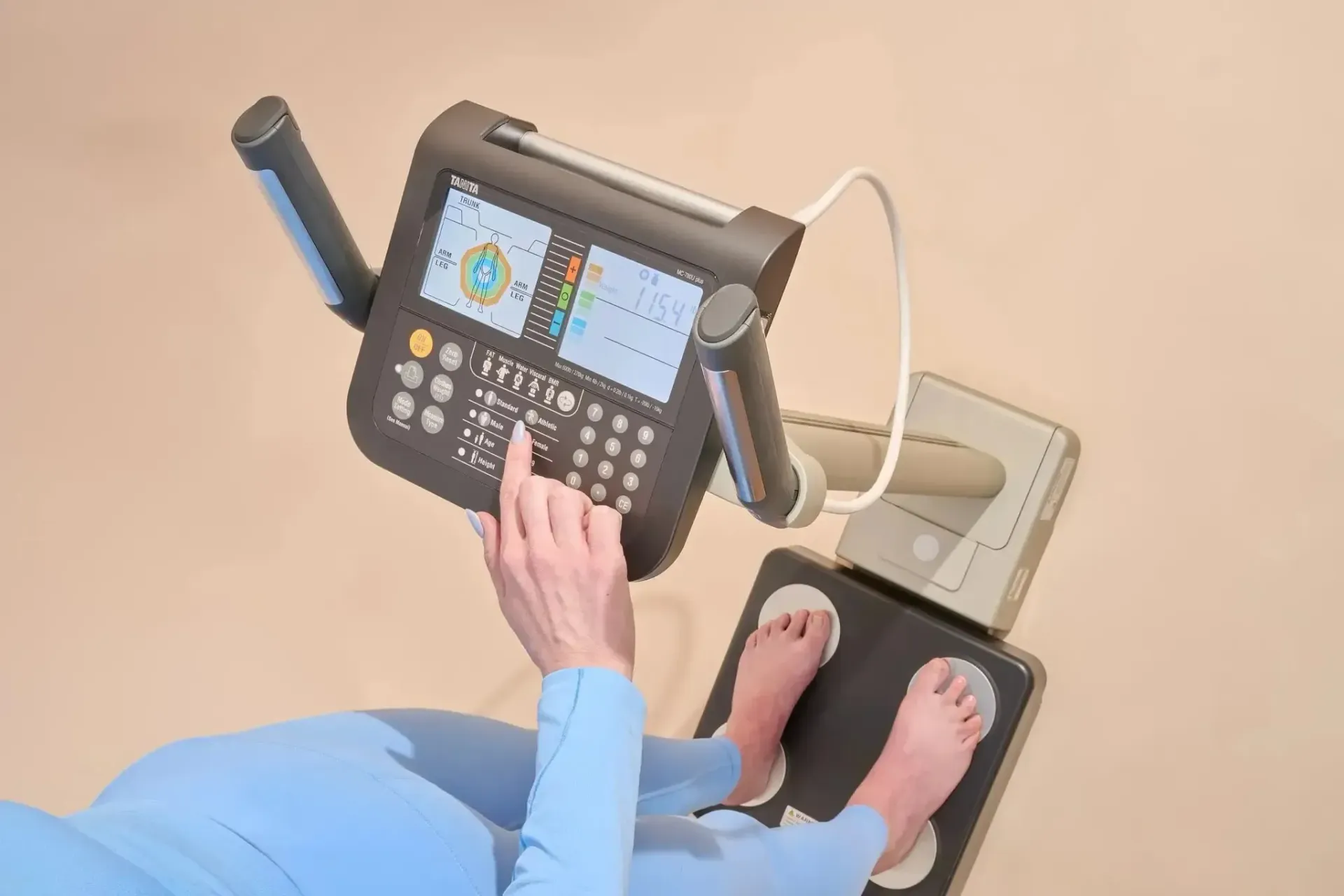From coughs to complications: when the flu means it’s time to see a GP in Christchurch
It’s winter, and with the frosty mornings sniffles and coughs become all too common. But how do you know if you’re dealing with a common cold or something more serious like influenza (flu)? Knowing the difference is vital, especially if you or someone you care for is at higher risk. If left untreated, flu can lead to complications needing urgent medical care.
At 1 Health private medical and dental clinic in Christchurch, we provide comprehensive healthcare whether you need an afterhours GP in Christchurch, or a scheduled doctor’s appointment to help you manage your symptoms. Here, we explore the differences between cold and flu, when to seek professional health care, and how our trusted team can support your health when you need it most.
Cold vs. flu: spot the difference
People tend to say flu interchangeably with cold -some heavy colds can make you feel very poorly; however, while both colds and flu are respiratory illnesses caused by different viruses, there are noticeable differences between the two. If you haven’t had a flu vaccination in Christchurch, understanding how they differ helps you know when it’s time to rest at home, and when to book an appointment with your GP in Christchurch.
Cold symptoms (usually mild):
· Stuffy or runny nose
· Sneezing
· Mild sore throat
· Fatigue (mild)
· Low-grade fever (rare)
Flu symptoms (more severe and sudden):
· High fever (though not always)
· Sudden onset of tiredness and weakness
· Severe muscle or body aches
· Headaches and chills
· Dry, persistent cough
· Shortness of breath
· Sore throat and runny nose (possible)
· Sweating and shivering
· In children: nausea, vomiting or diarrhoea
While both illnesses share similar symptoms, the flu hits that bit harder. The flu generally feels like being “hit by a truck” with symptoms appearing abruptly making everyday tasks impossible, unlike the slower, more manageable onset of a cold.

Treatment options for flu
If you have the flu, there are several things you can do to help your body recover more quickly:
1. It’s important to rest and get plenty of sleep to allow your body to fight the infection.
2. Keep warm to support your immune system.
3. Drink plenty of water to avoid dehydration; urine should be light yellow or clear.
Taking medication for flu
Taking paracetamol or ibuprofen can help lower your temperature and help alleviate aches and pains. There are also effective over the counter flu remedies available from the pharmacy. However, do not take paracetamol alongside flu remedies that already contain paracetamol, as this can easily lead to exceeding the recommended dose – always ask the pharmacist if you are unsure.
For children who are distressed or uncomfortable, give paracetamol or ibuprofen, once you have checked the packaging or leaflet to confirm the medicine is suitable for their age and the dose required if it is recommended. Never assume it is safe or second guess the appropriate dose. Speak to a pharmacist or Christchurch GP if you are unsure of safe medication use.
Antiviral treatment for flu such as Tamiflu can be prescribed to shorten the duration of illness and reduce the risk of complications from the flu if received within 48 hours of the onset of symptoms. 1 Health GP Christchurch service provides rapid flu testing and access to this effective treatment without a long wait for a doctor’s appointment, so you have access to prompt medical care when needed most.
Important information about antibiotics:
Antibiotics do not work for viral infections such as the flu. GPs do not prescribe antibiotics for flu because they will not relieve your symptoms or speed up your recovery. For most healthy people, the flu will pass with rest, adequate hydration, and over-the-counter pain relief if appropriate. These simple measures often help your body recover without the need for medical intervention.

Who is most at risk of flu complications?
For healthy adults, the flu often resolves within a week of rest and fluids. But for certain groups, influenza can cause life-threatening complications such as pneumonia, bronchitis, or worsening of existing conditions like asthma or heart disease. If you or your loved ones fall into any of these categories, you should seek a GP Christchurch appointment immediately:
· Children under 12 months and adults over 65.
· People with chronic illnesses such as asthma, diabetes, or heart disease.
· Those with weakened immune systems (e.g., cancer treatment, organ transplant medication, HIV/AIDS).
· Pregnant women or new mothers.
· People with obesity (BMI over 40).
· Residents of aged-care or communal facilities.
· People under 20 taking long-term aspirin (risk of Reye’s syndrome).
· Symptoms have not improved after 7 days.
When to call a Doctor immediately
Some flu symptoms signal complications that should not be managed at home. A timely GP Christchurch consultation could make all the difference. If you experience the following emergency symptoms, book an urgent doctor’s appointment in Christchurch or call an after-hours GP:
· Difficulty breathing or shortness of breath/ rapid breathing
· Chest pain or pressure
· Severe or sudden dizziness
· Confusion or fainting
· Seizures
· Persistent vomiting
· Severe muscle weakness
· Gray or bluish lips, skin, or nail beds
· Severe dehydration (no tears when crying, lack of urination)
· Lethargy or unresponsiveness

Preventing flu and staying healthy
The best approach to flu season is prevention. Getting an annual flu vaccination is recommended, 1 Health clinic offers a full range of vaccines, including travel vaccinations Christchurch. However, there are other strategies to staying healthy over winter:
· Wash hands regularly and avoid touching your face.
· Keep your immune system strong with balanced nutrition, sleep, and regular exercise. A full health check in Christchurch enables you to keep abreast of your physical health and respond to any identified concerns before compromising your long-term health and overall wellbeing.
· Ensure shared spaces such as your home or office are well ventilated to improve air circulation.
· Avoid close contact with people displaying symptoms.
· Maintain a healthy lifestyle: rest well, have a balanced diet and exercise regularly
· Address issues with your teeth and oral health with regular visits to the dentist in Christchurch. A strong immune system starts with healthy teeth and gums; don’t let dental issues weaken your defences during flu season.
Why choose 1 Health in Christchurch medical and dental team?
If you’re unsure whether your symptoms are due to a cold or the flu, it’s always safer to check with a professional. Don’t wait until symptoms worsen. Our team of GP Christchurch doctors is ready to provide the medical care you need. Offering comprehensive services, from urgent GP appointments and after-hours doctors Christchurch to advanced dental treatments, our GPs and dentists in Hornby, Wigram and Christchurch have years of experience caring for local families.
Book your appointment today with our Christchurch doctors and dentists for peace of mind and professional care. Call 03 6629309 or click here to make an appointment.
Have Questions About Your Health?
Our clinicians at 1 Health are here to help — whether it’s GP care, dental, travel vaccines, or facial aesthetics. Book a consultation anytime.
Book Online:
https://www.1health.nz/contact
Call:
Disclaimer:
This article is for general information only and is not medical advice. Every person’s health situation is different. For personalised guidance or diagnosis, please consult a qualified clinician.














